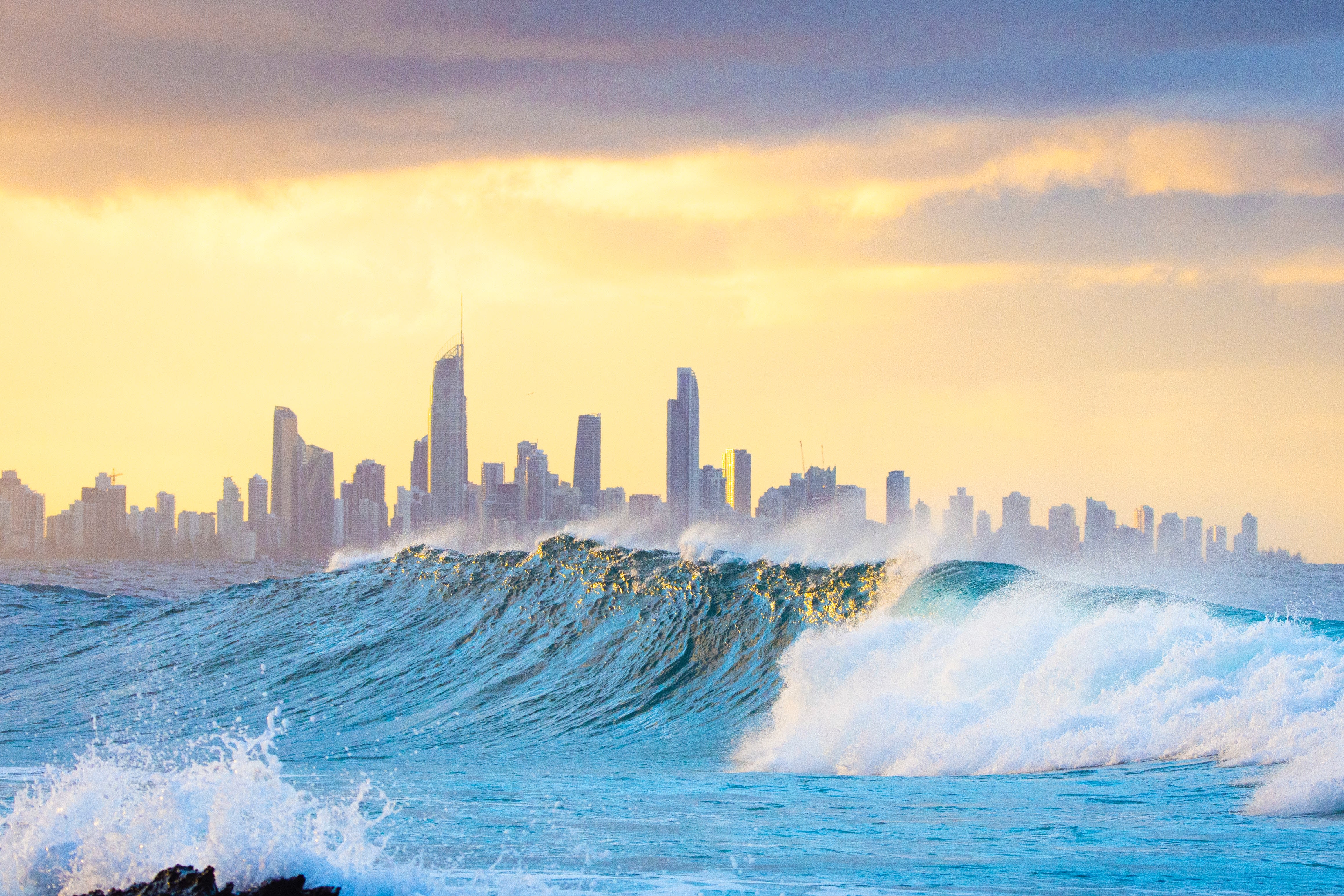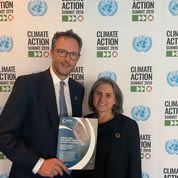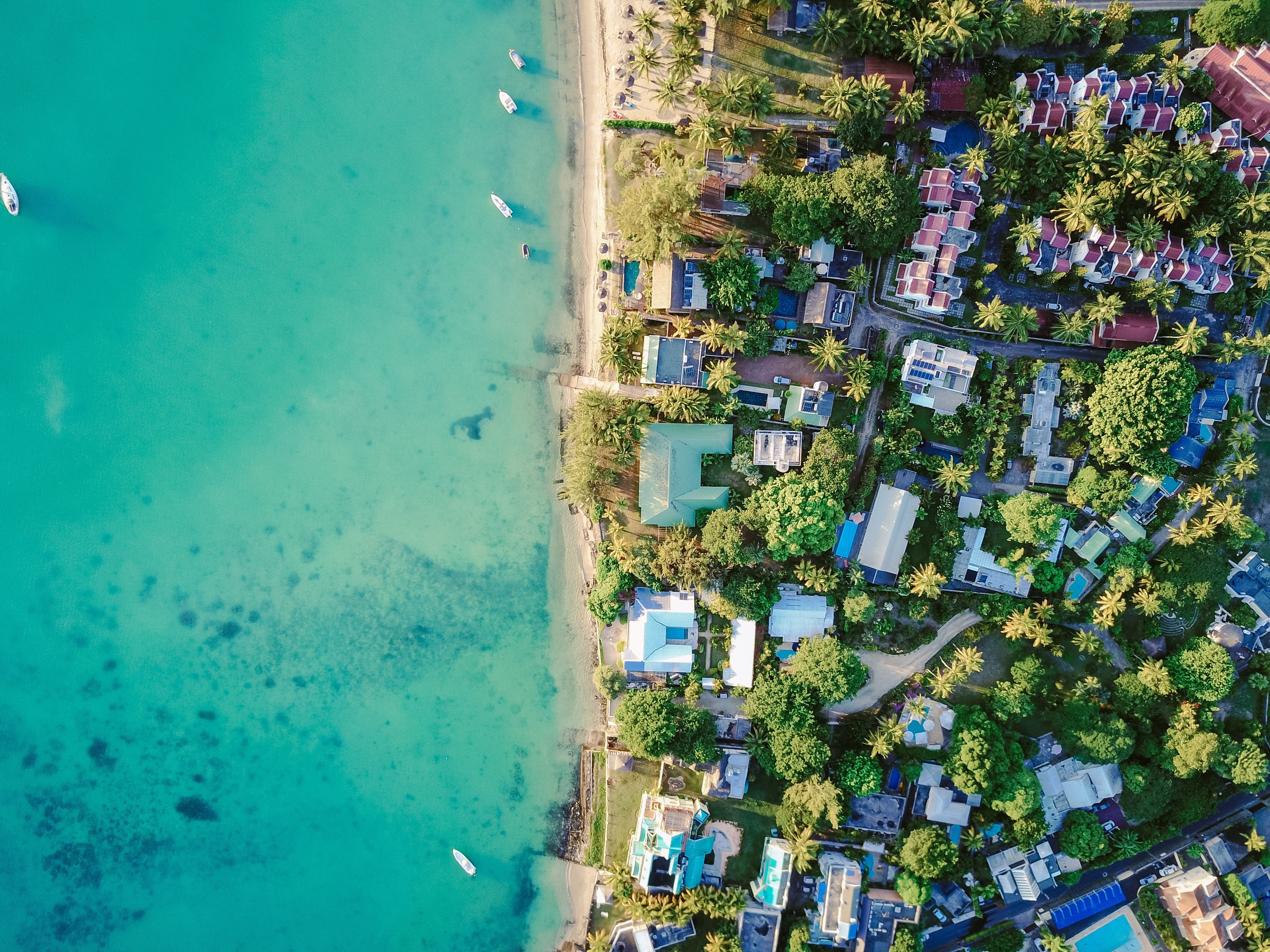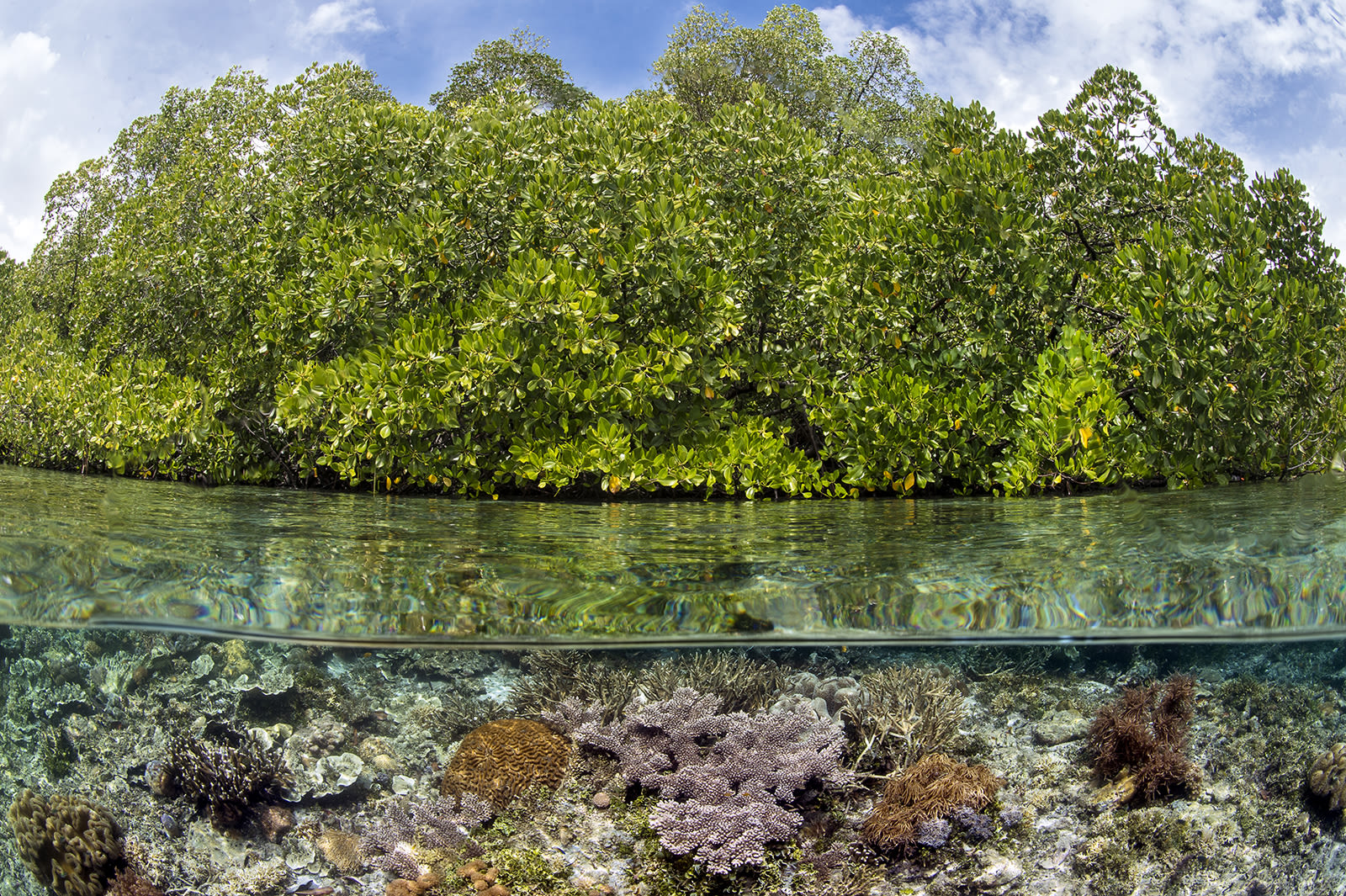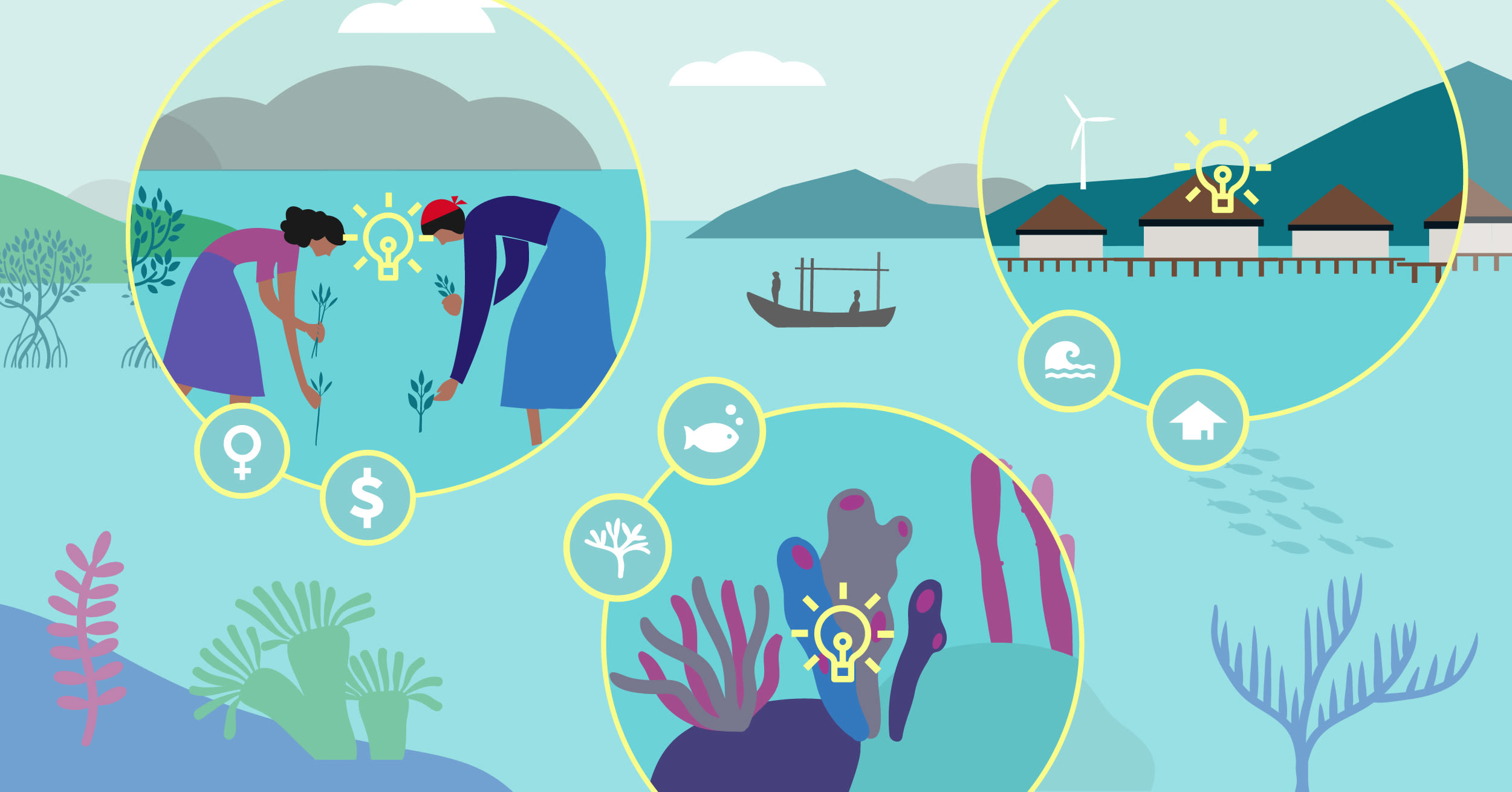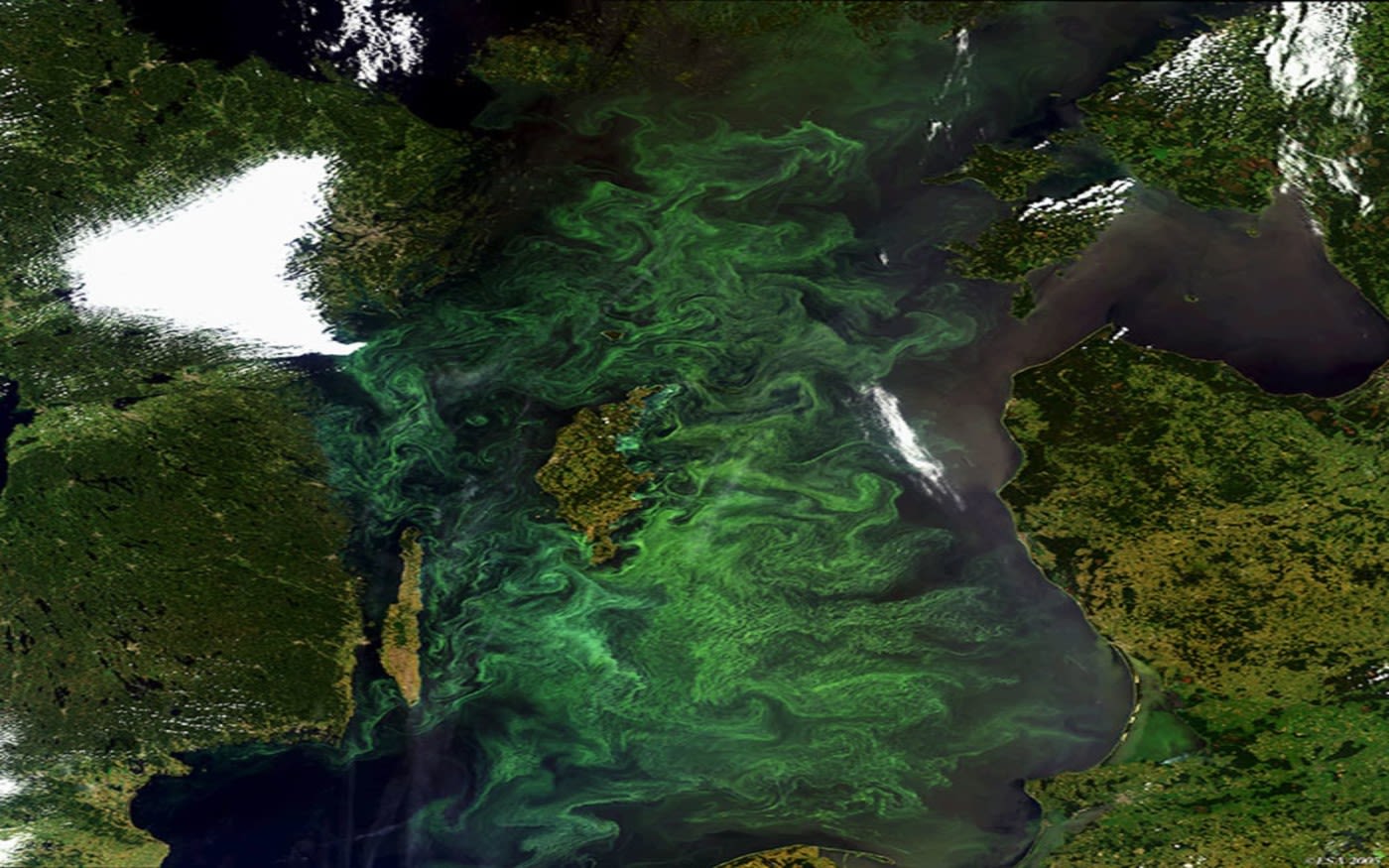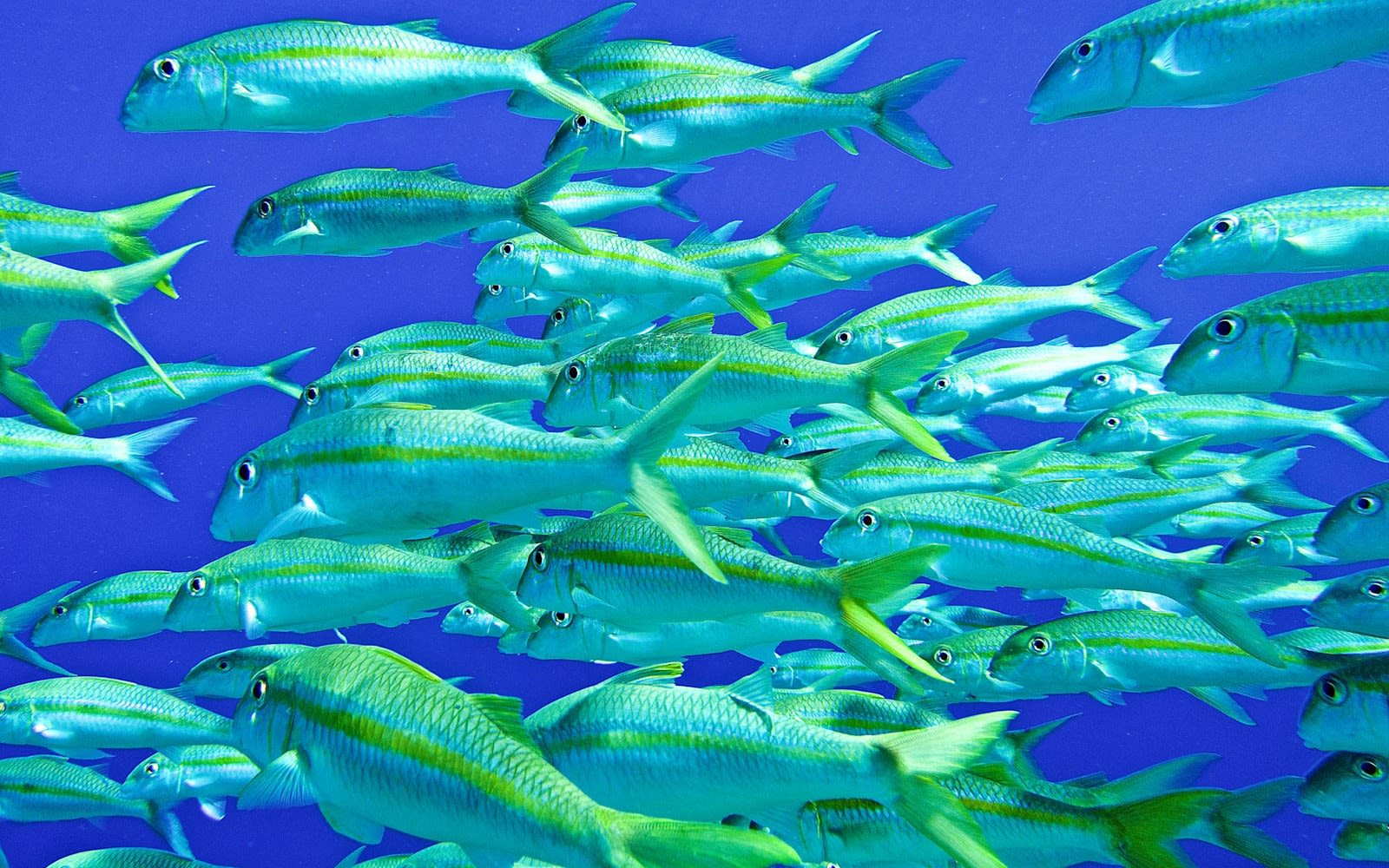Building ocean resilience through innovation, investment and entrepreneurship
These will cost US$1 trillion a year with billions of dollars’ worth of infrastructure at risk. But this is not just a problem for 30 years’ time. This is a problem of today.
The scale, urgency and economic impacts of this ocean risk calls for a transformative global response. We need to invest in nature - our planet’s most cost-effective innovator and engineer, that has been developing adaptive solutions to defend coastlines, build resilience to change and capture and sequester carbon for millennia.
Ecosystems like reefs, mangroves, and wetlands play a critical role in protecting coasts and sustaining local communities and economies. A healthy reef, for example, can reduce incoming wave energy from a storm by up to 97%, while mangrove forests sequester five to ten times more carbon than terrestrial forests, and provide more than US$80billion per year in avoided losses from coastal flooding.
Yet these valuable natural assets are amongst the most threatened habitats on Earth. As it stands, investments to protect nature are lagging far behind those made to tackle the climate crisis - despite the interconnectedness between a stable climate, a biodiversity-rich and healthy ocean, and a resilient future.
Ecosystems like reefs, mangroves, and wetlands play a critical role in protecting coasts and sustaining local communities and economies.
To regenerate and revitalise coastal nature and the ocean, we need to stop thinking of finance for conservation, and instead begin to align global finance with conservation outcomes that are carbon neutral and biodiversity positive.
2021 could be the year things finally change. The pandemic has reminded us all of the value of nature and added momentum to delayed but crucial events such as the UN’s biodiversity and climate conferences that will take place in China and the UK respectively. With nature-based solutions, resilience and finance all being key themes, the coming months offer a clear opportunity to focus on breaking down the barriers to private and public investment into nature.
And that is where the Ocean Risk and Resilience Action Alliance or ORRAA comes in. Established in 2019 following collaboration between AXA, Ocean Unite, the Government of Canada, and other amazing partners, ORRAA is a multi-stakeholder alliance designed to pioneer finance and insurance solutions that incentivise investment into nature while providing returns for investors.
ORRAA is already working across sectors to create the finance structures and products which combine public and private capital. Our aim is to drive US$500 million of investment into ocean and coastal nature by 2030, and surface at least 15 novel finance products by 2025.
To build the foundation of this new marketplace, ORRAA ran its first Ocean Resilience Innovation Challenge late last year and selected five winners. All are incredibly promising entrepreneurial financial and insurance solutions which have real potential to improve the resilience of vulnerable coastal communities and ecosystems, and to be scaled and replicated across regions.
They include the development of a community-based voluntary carbon market to restore mangroves in Tanzania by Aqua Farms Organization, and three projects in Indonesia: Marine Change is looking to innovate the small-scale fishery supply chain, developing insurance tied to sustainable practices; MARI Oceans Indonesia is building a blockchain-based framework to rebalance the seaweed production supply chain; and Kota Kita is creating a trust fund to leverage investment into resilient village infrastructure and to finance conservation. The fifth winner, rePurpose Global is creating the world’s first plastic credit platform dedicated to reducing waste, reviving lives and restoring nature’s balance.
The winners all offer innovative, investable solutions that, beyond making a genuine local impact, have potential to be grown and replicated to help mitigate ocean and climate risk on a global scale. Throughout this year ORRAA will be working with the five teams to accelerate their project’s impact and demonstrate to both investors and ocean stakeholders that investing in nature both mitigates ocean risk and can provide a timely and productive return.
- This is a guest blog and may not represent the views of Virgin.com. Please see virgin.com/terms for more details. Karen Sack is the CEO of Ocean Unite and Chip Cunliffe is the Sustainability Director, AXA XL – both Co-Chair the Ocean Risk and Resilience Action Alliance.
Ocean Unite was set up in 2015 by Virgin Unite and a group of key partners, united in commitment to ocean conservation. Ocean Unite is now an independent 501c3 organisation. Through their Ocean Unite Network of global influencers, their aim is to amplify crucial Ocean messages to decision-makers in support of highly protecting at least 30% of the ocean by 2030 and building ocean resilience.
